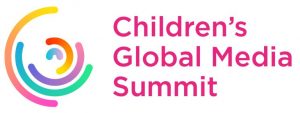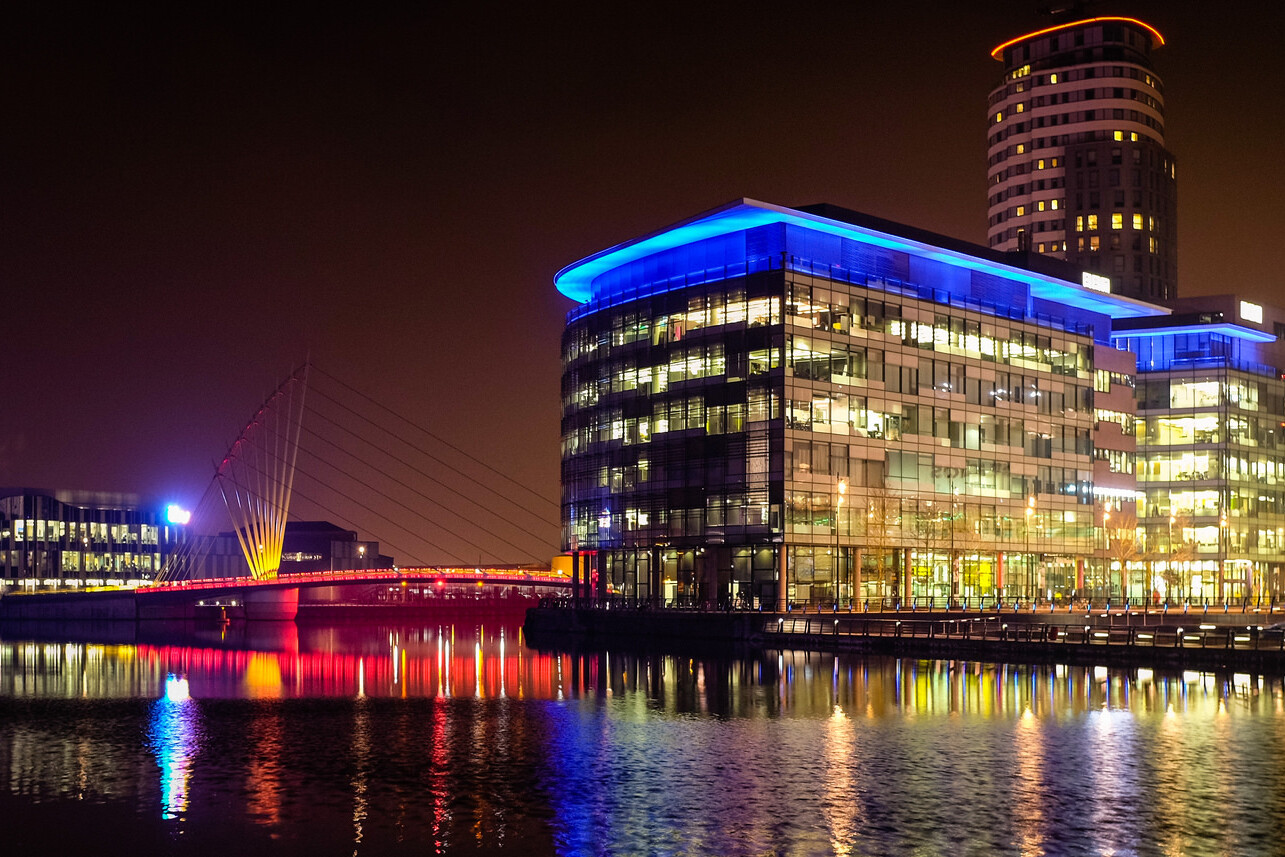By Naomi Sakr & Jeanette Steemers
With recent growth in forced migration to Europe, are public broadcasters able to fulfil the media needs of newly arrived children? A new grant and workshop seeks to promote Euro-Arab dialogue about European screen content for young children of Arab heritage.

Public service media (PSM) in many countries remain at the forefront of serving children, often because their funding mechanisms and public mandates set them apart from private channels by calling for freshly-made, innovative content that is relevant to diverse age groups. Among these groups, however, children still risk being marginalised, partly because of perceptions about an abundance of content now available from global providers online.
Despite a widespread consensus that children’s early exposure to media will affect them for a lifetime, and that content honestly reflecting their own local situations can nurture a critically-informed sense of belonging, socially relevant provision for pre-schoolers and other under-twelves remains constrained. Reasons include the relatively small sizes of these groups relative to the whole population and, where advertising-supported content is concerned, children’s limited purchasing power or regulations that control advertisements targeted at them. Initiatives to stimulate production are often tailored more to industry interests than to those of children themselves.
There is growing concern that the media wants and needs of children newly arrived in Europe as a result of recent waves of forced migration will be neglected
Against this background there is growing concern that the media wants and needs of children newly arrived in Europe as a result of recent waves of forced migration will be neglected, along with those of children born in Europe who have watched their counterparts from Syria, Iraq and elsewhere arrive. Some public service broadcasters, notably Germany’s ZDF, have introduced material for teenagers to promote social cohesion. But significant opportunities still exist for European stakeholders to think through policy and production initiatives, as well as professional practice, to ensure that pluralistic and high-quality content is available to an increasingly diverse young audience.
Acknowledging these opportunities, the UK’s Arts & Humanities Research Council (AHRC) has just awarded a grant to promote Euro-Arab dialogue about European screen content for young children of Arab heritage. Based on findings from three years of AHRC-funded research into the media experiences of young Arabic-speaking children, the new grant supports efforts to share that knowledge through a series of workshops bringing together those in Europe who regulate, commission, fund, produce or comment on children’s content and Arab practitioners with expertise in different aspects of children’s media, from production and distribution to audience engagement and rights advocacy.
The first workshop in the series, entitled ‘Children’s Screen Content in an Era of Forced Migration: Facilitating Arab-European Dialogue’, will take place in Manchester on 4 December 2017, linked to the Children’s Global Media Summit in the same city. It will discuss questions such as:
· How is childhood defined and understood in the Arab world and how have Arab children’s entertainment and information needs been articulated by industry and policy-makers at home?
· What do Arab children know about the world from the screen content available to them on pan-Arab outlets and online? Where are the gaps?
· What are the shared information and entertainment needs, wants and experiences of young refugee and migrant children and in Europe and their European-born peers? How can this knowledge be used to reach out to children and reflect diversity?
· Why are children’s voices and media rights fundamental to children’s future participation as citizens in new environments?
· What type of practical screen content policy and production recommendations are best for promoting social engagement among children and families who may be experiencing homesickness and disorientation?
European public service providers have a tradition of sharing children’s content through schemes run by the European Broadcasting Union (EBU), which demonstrate how barriers of language and culture can be overcome. The crisis of forced migration calls for new initiatives in this long tradition, informed by insights into the media experience that Arabic-speaking children and their families bring with them.
To register for the Manchester workshop, please click here. For information on further events taking place in Copenhagen (March 2018) and Munich (May 2018), please contact Professor Jeanette Steemers at King’s College London, Jeanette.steemers@kcl.ac.uk.
Header Image: Media City in Salford, the venue for the workshop. Credit: Phil Gradwell/ Creative Commons
Related Posts
18th September 2017
Featured Event | Children’s Screen Content in an Era of Forced Migration: Facilitating Arab-European Dialogue
This free pre-summit CGMS workshop aims…
